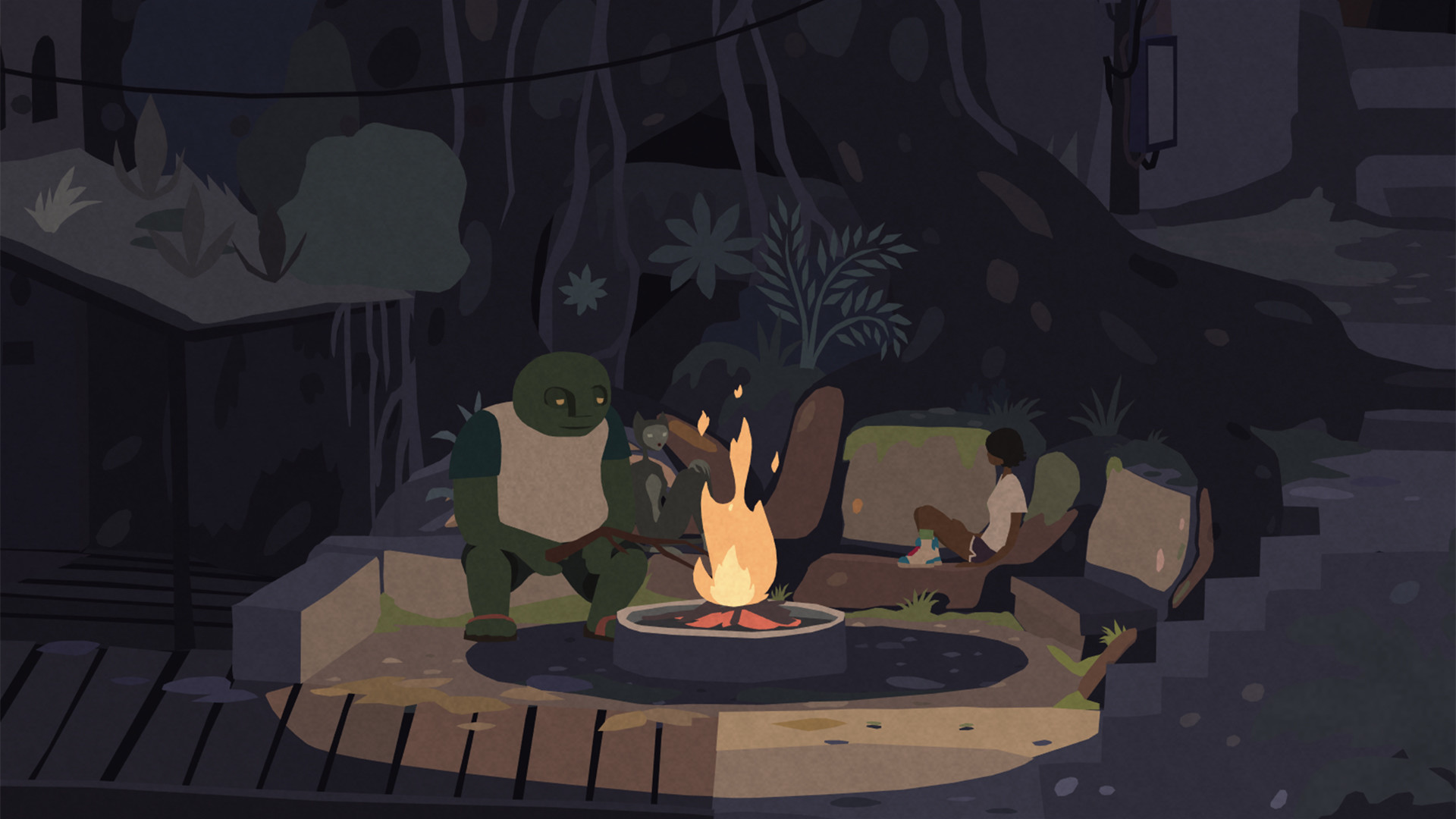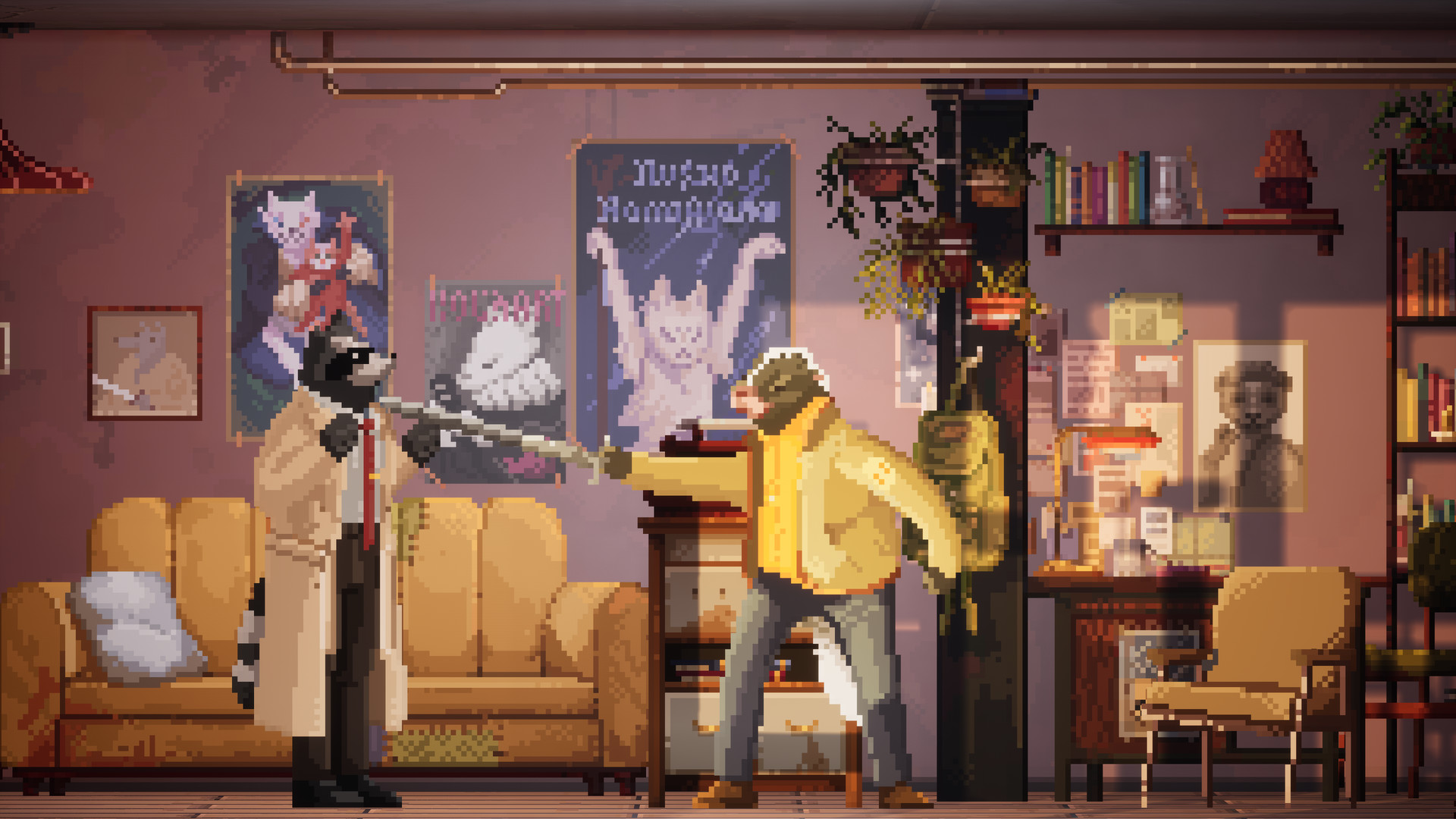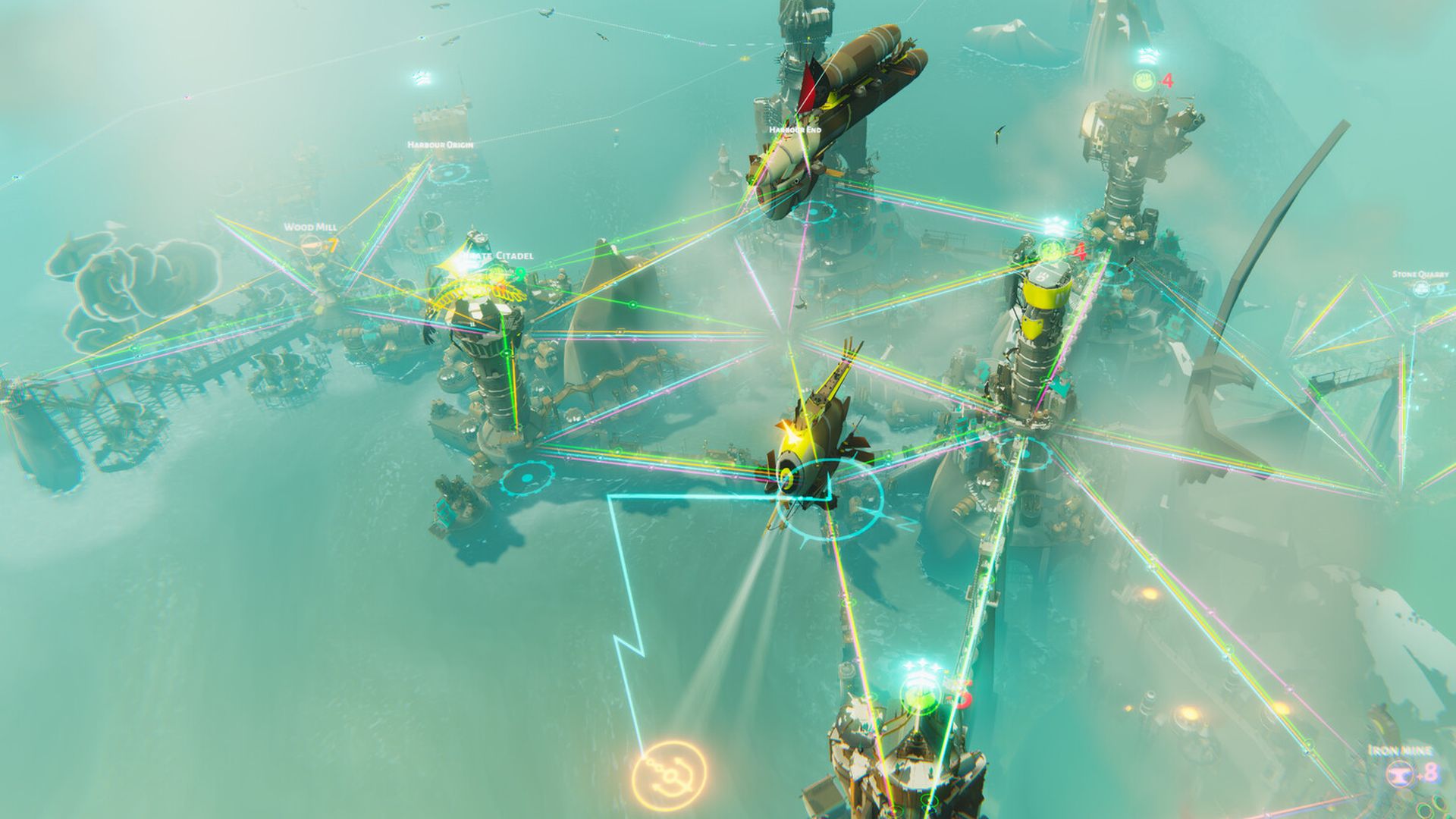"The game industry is f***ed": Indie devs are dying off because getting funding is a battlefield right now, even for critically acclaimed veterans
As the games industry contracts, some smaller devs are getting boxed out

The games industry is bleeding out, and not just at the top level as companies like Sony and Microsoft and EA cut hundreds and hundreds of employees seemingly every other week even as they report enormous profits and success. Many smaller independent developers are struggling as well, just without the AAA billions behind them, and some studios are closing up shop entirely amid a widespread struggle to secure funding as publishers hunker down to weather the storm.
In the past few weeks alone, a few standout indie closures have saddened fans and deepened the concerns of developers who may be in similar positions. Every time I sat down to write this article, it seemed like another studio would announce its shutdown or end production.
In late February, Die Gute Fabrik, founded in 2008 but best known for the trilogy of Sportsfriends, Mutazione, and Saltsea Chronicles spanning 2014 to 2023, halted production. It isn't the biggest studio, but its games were very well-liked, with Mutazione especially garnering critical and industry acclaim, and Saltsea Chronicles being a highlight of the year. But that reputation couldn't cut through "the challenging funding and investment scene in games right now."
"The publishing and investment scene is so tough for companies and projects of our scale right now it's made it extremely difficult for Die Gute Fabrik to secure funding for our next project without a gap in income," studio leadership said in a statement.
"We've been making games since 2008, and are so proud of the work we've put out and the people we've made it with. Thank you for playing our games."
This month, Tails Noir developer Eggnut halted all operations. "This shit sucks," the studio said in a statement which closely echoes DGF's. "Unfortunately, due to persisting complications in funding, we are unable to continue the development of our new game that we've been working on for the past two years."
Like DGF, Eggnut used its remaining funds to give its team members a financial cushion as they seek out new opportunities. The studio will remain online in the barest sense purely to support its existing releases.
Sign up to the GamesRadar+ Newsletter
Weekly digests, tales from the communities you love, and more
"We've been at it since 2017, and it was great to have you by our side," Eggnut concludes. "The world is on fire. The game industry is fucked. Call your mom."

Even active and more fortunate developers are seeing similar encroaching pressures. Nick Kaman of Aggro Crab, currently putting the finishing touches on underwater Souls-like Another Crab's Treasure (which, in our experience, feels great) after a tumultuous development cycle, lamented that "funding has completely dried up." He was half-joking, riffing on an article discussing Another Crab's Treasure's unique theme, but elsewhere said in earnest: "I'm talking about the general state of the industry and the ability for indies to get funding for any project."
Koen Deetman of Deliver Us Mars and Deliver Us The Moon developer Keoken Interactive described similar headwinds in an interview with GamesIndustry. The studio – which, again, has a pretty darn well-reviewed roster of games under its belt – has racked up roughly 200 failed pitches for five games in two years.
"We understand some games don’t get signed or shouldn’t be made," Deetman said. "But to craft, adapt, and re-pitch five different games with more than 40 publishers and continuously be rejected because it’s too unique, it’s not unique enough, the budget is too high, the budget is too low, it’s too commercial, it’s not commercial enough – you start to wonder if it’s really just us that have to look in the mirror again, or that different issues are at play here."
"The model of how games were made is failing," he adds, "and it desperately needs a more efficient and durable way of how we create these experiences. Combined with a post-COVID correction, signs of recession and inflation, the resulting massive wave of layoffs affecting most companies, it causes a tremendous downward spiral of unintuitive pessimism." Keetman likewise highlights how the caution and tight budgets fueled by these problems "results in an even more locked-up market," which is where many indies find themselves now.

Tomas Sala, creator of aerial combat sim The Falconeer and now hotly anticipated city-builder Bulwark: Falconeer Chronicles, nodded along to Deetman's comments. "This has been the hardest I've seen the industry been... well, ever," he said. "It's like everything dialed up. Getting press and exposure, forget about it, getting streamers to play, forget about it, getting into shows? Forget about it. Getting funding? Forget about it, cuz you need more to pay for those things and you'll still lose if you aren't the absolute top. It's like everything is sticky, everything is locked behind paywalls and everybody is suffering and scratching for the remaining funds.
"And it's accelerated into this locked state rapidly since summer last year. We were still sort of shocked at the indie launches sandwiched between Starfield and [Baldur's Gate 3,] but it feels like it's simply gotten more extreme, no let up."
In an interview with PC Gamer, Dave Oshry, head of boomer shooter powerhouse New Blood, acknowledged that it's "rough out there" but also offered a counterpoint that's good to keep in mind: "Since everyone seems to be asking how we continue to do so well amidst the whole industry apparently falling apart – there's actually a lot of companies doing well, you just don't hear about them in the news amid all the doom and gloom." And it's true; tons of indies are finding success despite the state of the industry. Balatro just sold a million copies in under a month. There are outliers at both ends of the spectrum, but utter collapse is increasingly looking less like an outlier and more like a systemic problem.
As layoffs rattle the games industry, FPS legend John Romero says "I've never seen anything like we're seeing now."

Austin has been a game journalist for 12 years, having freelanced for the likes of PC Gamer, Eurogamer, IGN, Sports Illustrated, and more while finishing his journalism degree. He's been with GamesRadar+ since 2019. They've yet to realize his position is a cover for his career-spanning Destiny column, and he's kept the ruse going with a lot of news and the occasional feature, all while playing as many roguelikes as possible.


